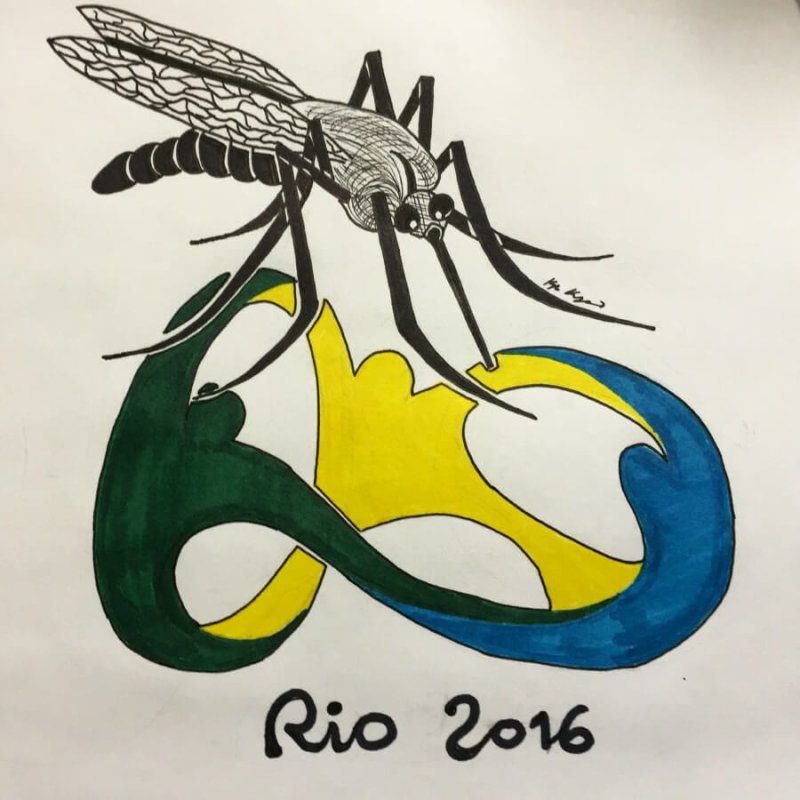The GLP aggregated and excerpted this blog/article to reflect the diversity of news, opinion and analysis.
Bazil’s Zika problem is inconveniently not ending. The outbreak that began in the country’s northeast has reached Rio de Janeiro, where it is flourishing. Clinical studies are also mounting that Zika infection is associated not just with pediatric microcephaly and brain damage, but also adult conditions such as Guillain-Barré syndrome and acute disseminated encephalomyelitis, which are debilitating and sometimes fatal.
Simply put, Zika infection is more dangerous, and Brazil’s outbreak more extensive, than scientists reckoned a short time ago. Which leads to a bitter truth: the 2016 Olympic and Paralympic Games must be postponed, moved, or both, as a precautionary concession.
Many have suggested that Zika will follow the pattern of other mosquito-borne diseases and decline during Rio’s winter months of July to September. While that is probably true, nobody actually knows because Rio has never experienced a winter with Zika before. If one assumes, reasonably, that Zika will behave like dengue fever, because they are caused by related viruses and transmitted by the same Aedes aegypti mosquito, then Zika transmission will ebb but not vanish in Rio’s winter, just as dengue did in winters past.
However, nobody knows how deep winter’s ebb will be, especially this year, because Rio is undergoing a surprising and unexplained disease surge: in Rio de Janeiro city, dengue cases in the first quarter of 2016 are a shocking six fold higher than a year ago (8,133 cases, compared to 1,285 cases).
Read full, original post: Off the Podium: Why Public Health Concerns for Global Spread of Zika Virus Means That Rio de Janeiro’s 2016 Olympic Games Must Not Proceed































